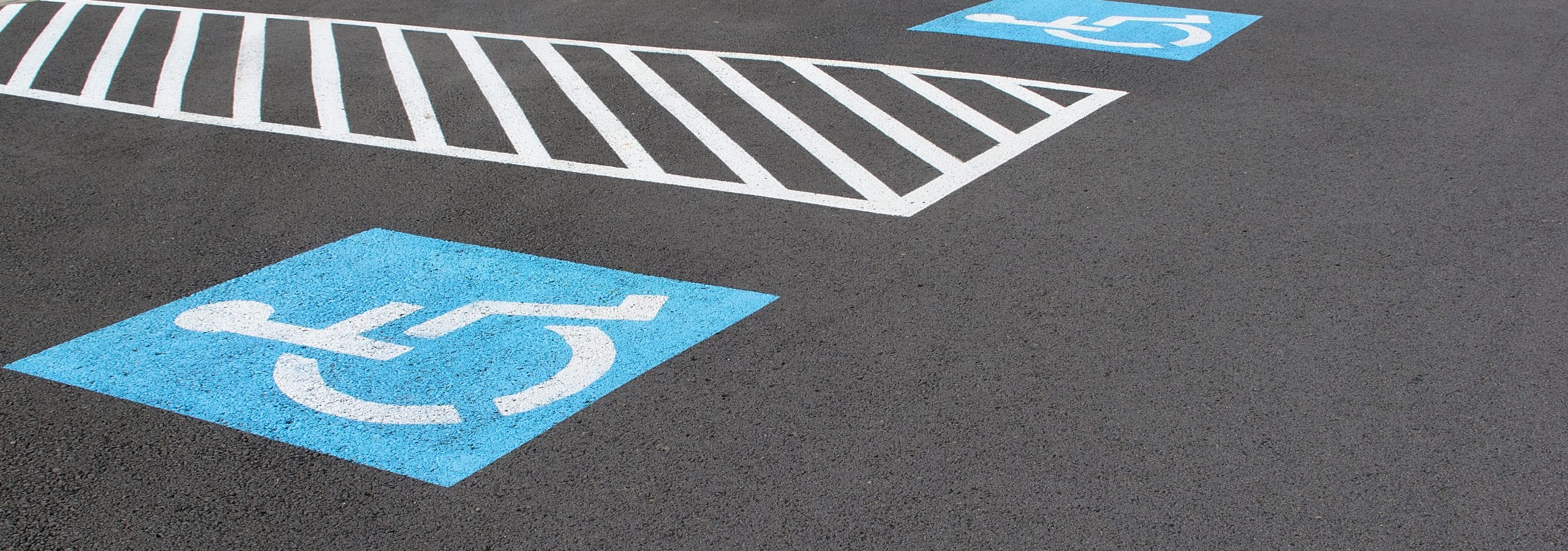What You Should Know About Disability Parking
Handicap parking spaces can make getting around significantly easier for people that have difficulty walking or experience other mobility issues. In addition to designated disability parking spaces, some individuals may also benefit from using an accessible personal mobility vehicle. Even with an accessible vehicle, it is essential to get a valid disability parking certificate in order to legally use these spaces.
Why Disability Parking Is Necessary
Disability parking plays an essential role in making it possible for people with mobility challenges to get around. These reserved spaces near a building’s entrance can significantly reduce the amount that a person with a disability needs to walk in order to get inside, even when the business is busy. Disability parking spaces are also wider than typical parking spaces, which makes it easier for wheelchair users to maneuver and use mobility devices next to their vehicles.
Qualifying for a Disability Permit
Because handicapped parking spaces are reserved for the people who most need them, you will need to meet certain guidelines to qualify for a temporary or permanent disability permit that allows you to use these spaces. The use of a wheelchair, cane, crutch, brace, prosthetic, or other mobility device is one of the most common reasons for qualifying for a disability permit. Of course, receiving these permits does not always mean you have to be a physically disabled person. Several health conditions that affect your ability to walk can also qualify, such as advanced heart or lung disease, arthritis, back or brain injuries, cancer, seizure disorders, chronic pain, and certain vision problems. You may also qualify for a temporary disability permit if you are pregnant, have a leg injury, or are recovering from surgery.
Using a Disability Permit
It is important to remember that you are the only person that is allowed to use your disability permit. Although you do not necessarily need to be the driver, you must be in the vehicle when the permit is used, and you cannot loan your disability placard to a friend or family member. Your disability permit may be canceled or you may be fined if you allow someone else to use it. You will also need to renew your disability permit periodically to ensure that you still meet the guidelines to use it legally.
Prepare for Driving Out of State
Different states can have slightly different rules and procedures when it comes to properly use disability parking. If you plan to visit or drive through a different state, it is a good idea to consult the DMV in each state you plan to visit or drive through to make sure that you use your disability permit correctly out of state. Disability license plates are generally honored no matter what state you are in because they are considered permanent, but you may need to obtain a temporary local disability permit or provide additional documentation to use a disability placard out of state.
Make Parking–and Driving–Easier With an Accessible Vehicle
Disability permits can make a significant difference for people that need a bit of extra help to get around, and accessible vehicles can also be beneficial for people with mobility issues or similar medical conditions. Stop in at any of Southern Bus and Mobility’s NMEDA QAP-certified locations to learn more about how one of our personal mobility vehicles may make your life easier!

